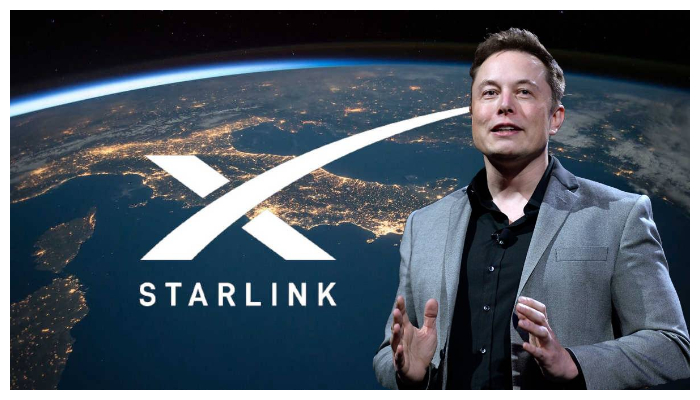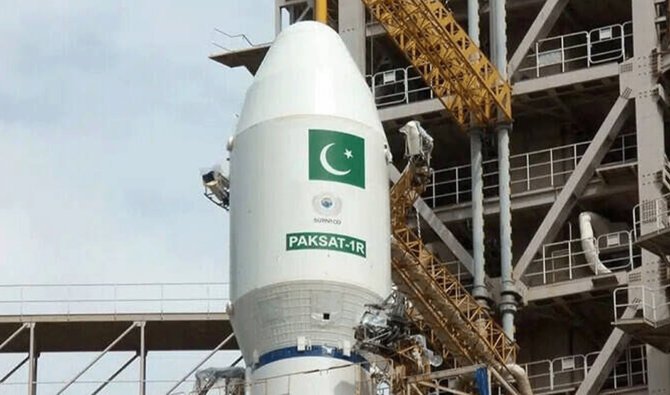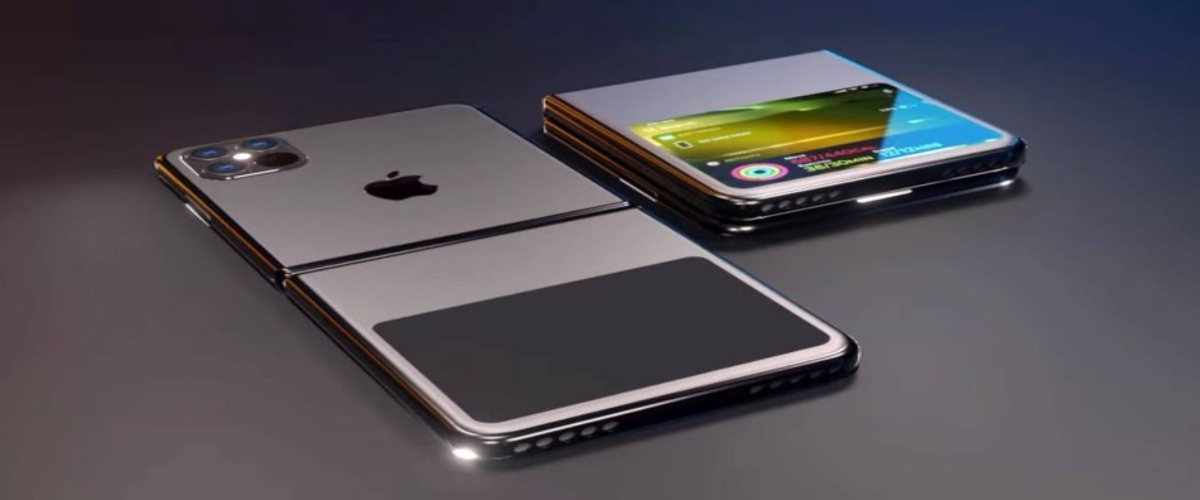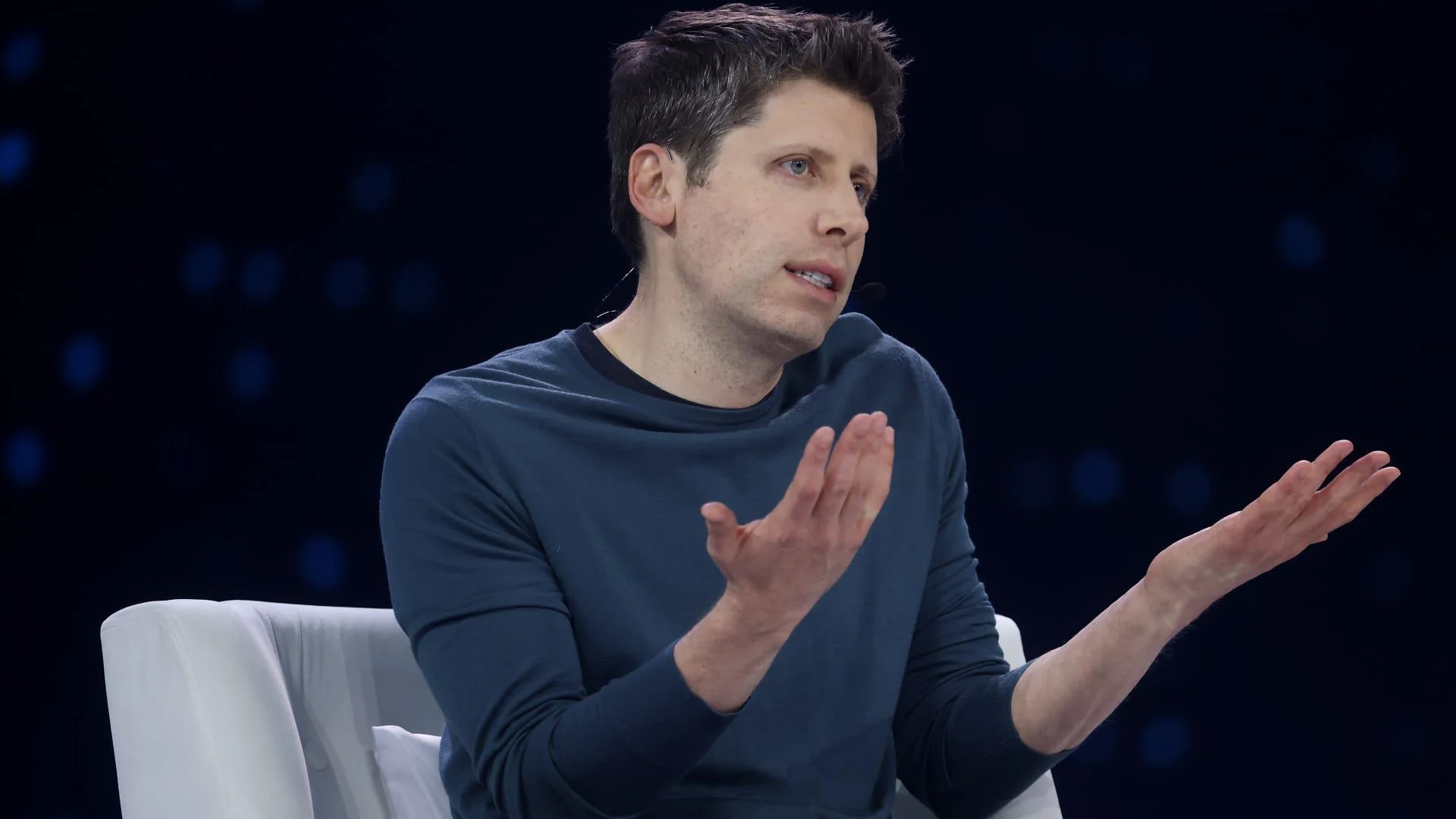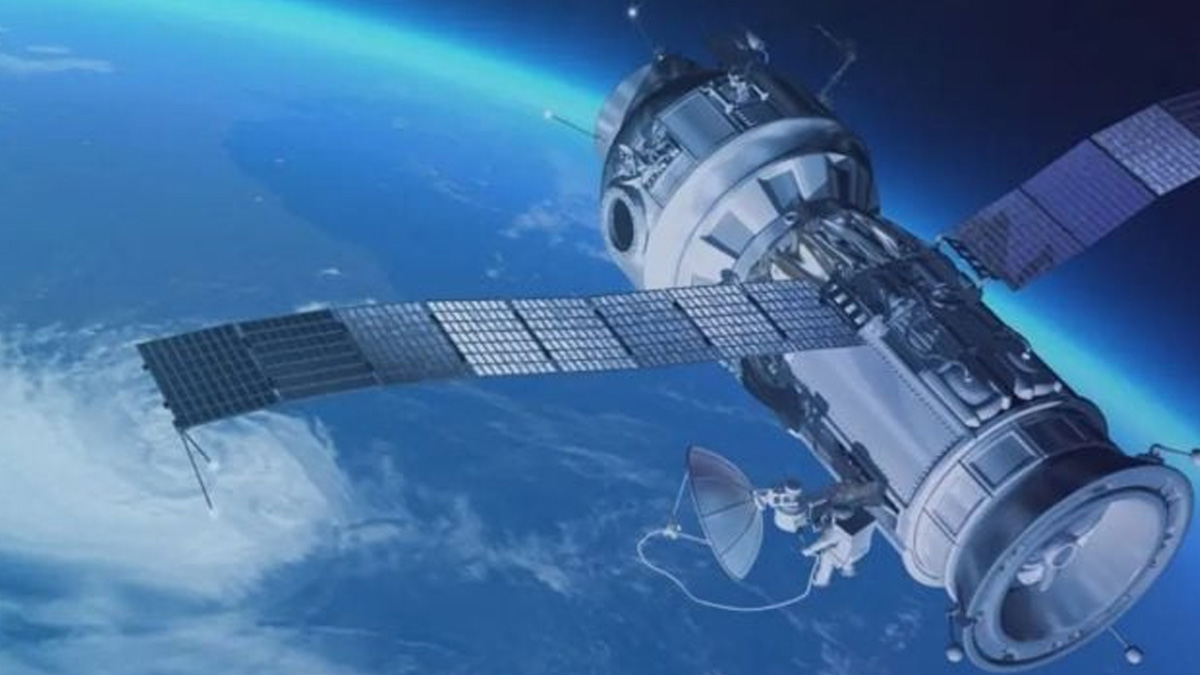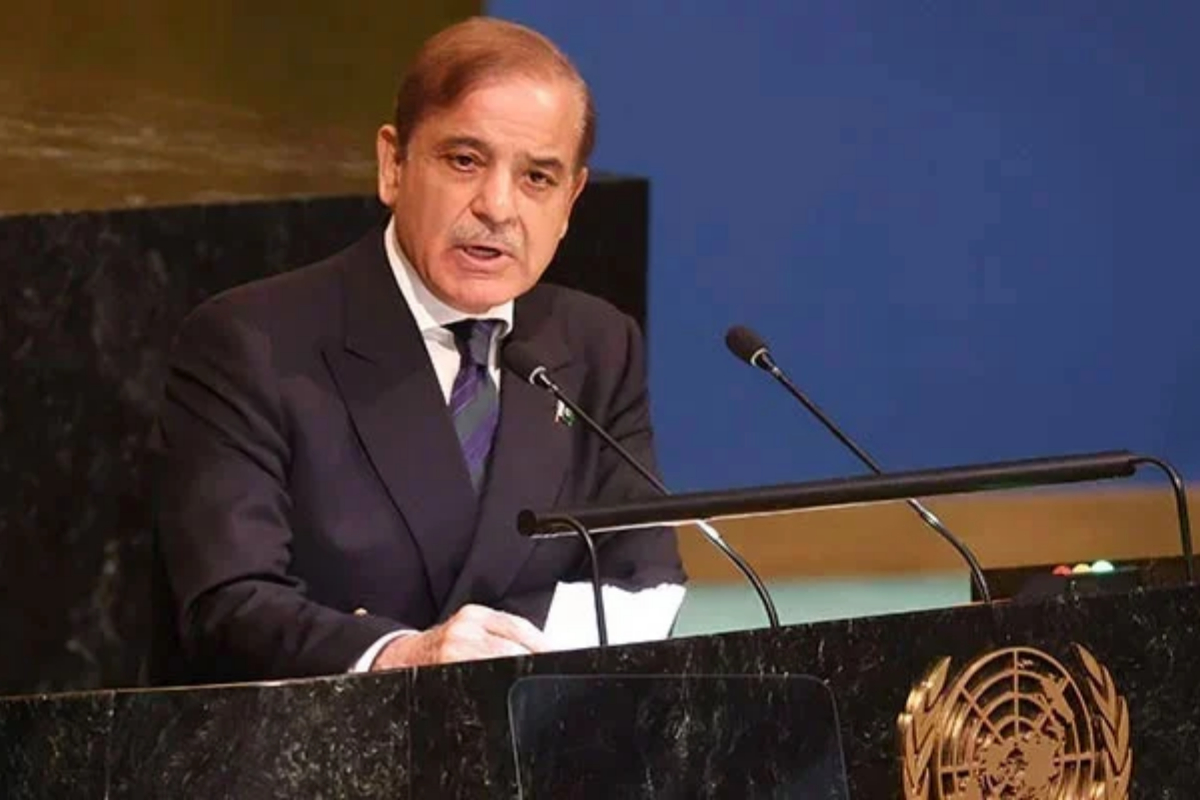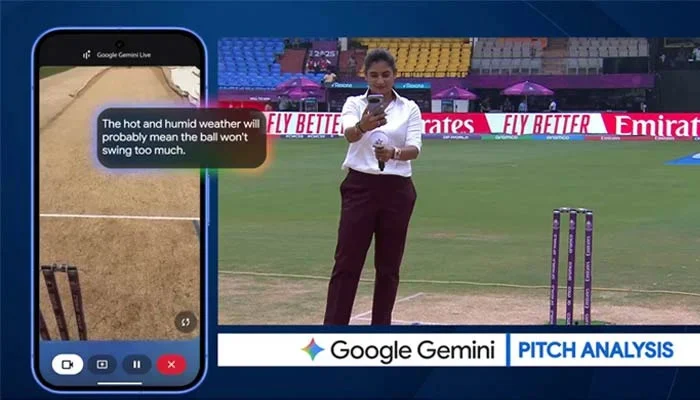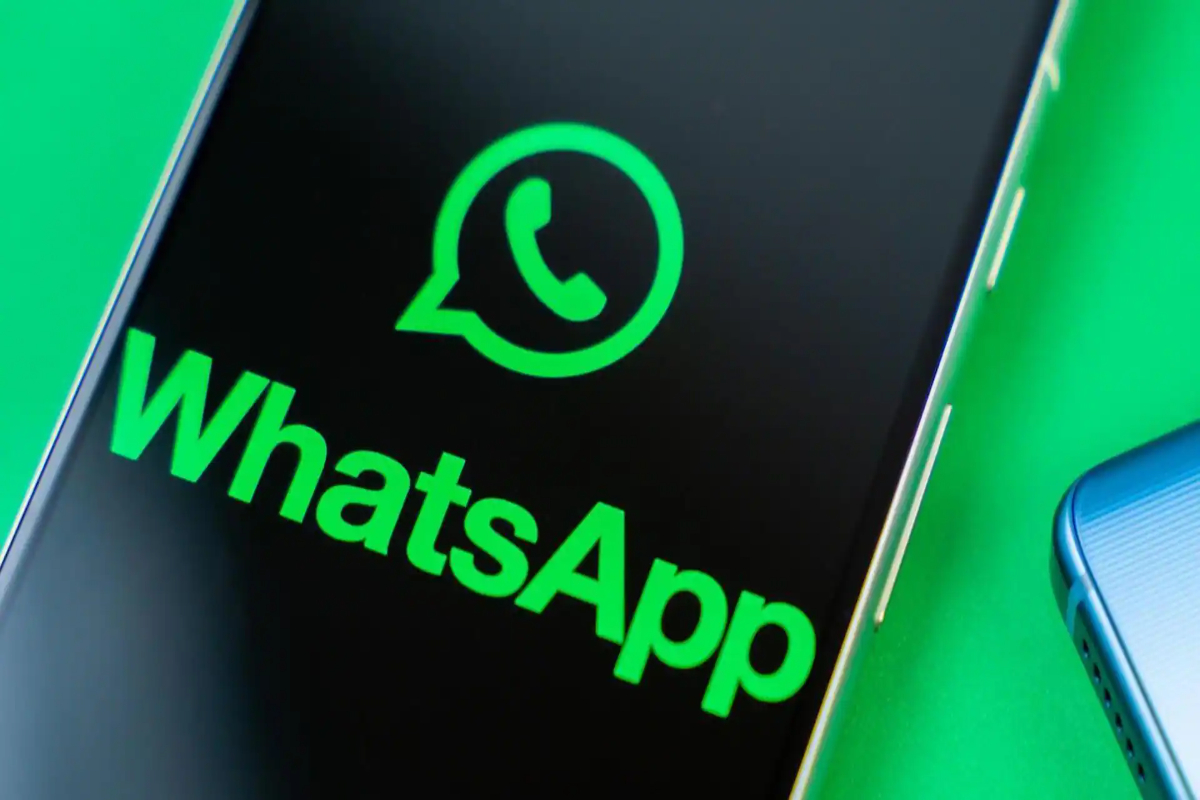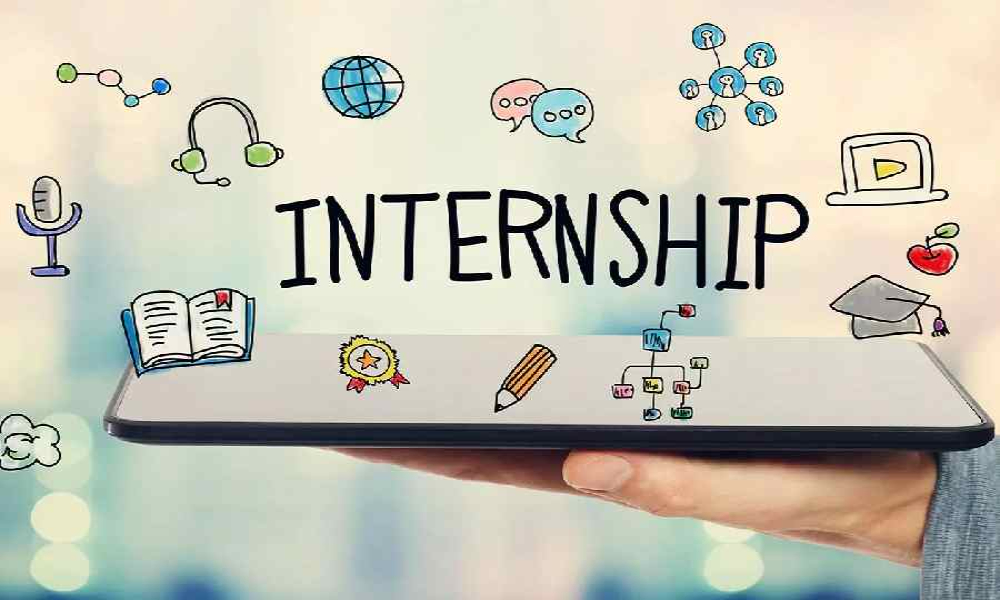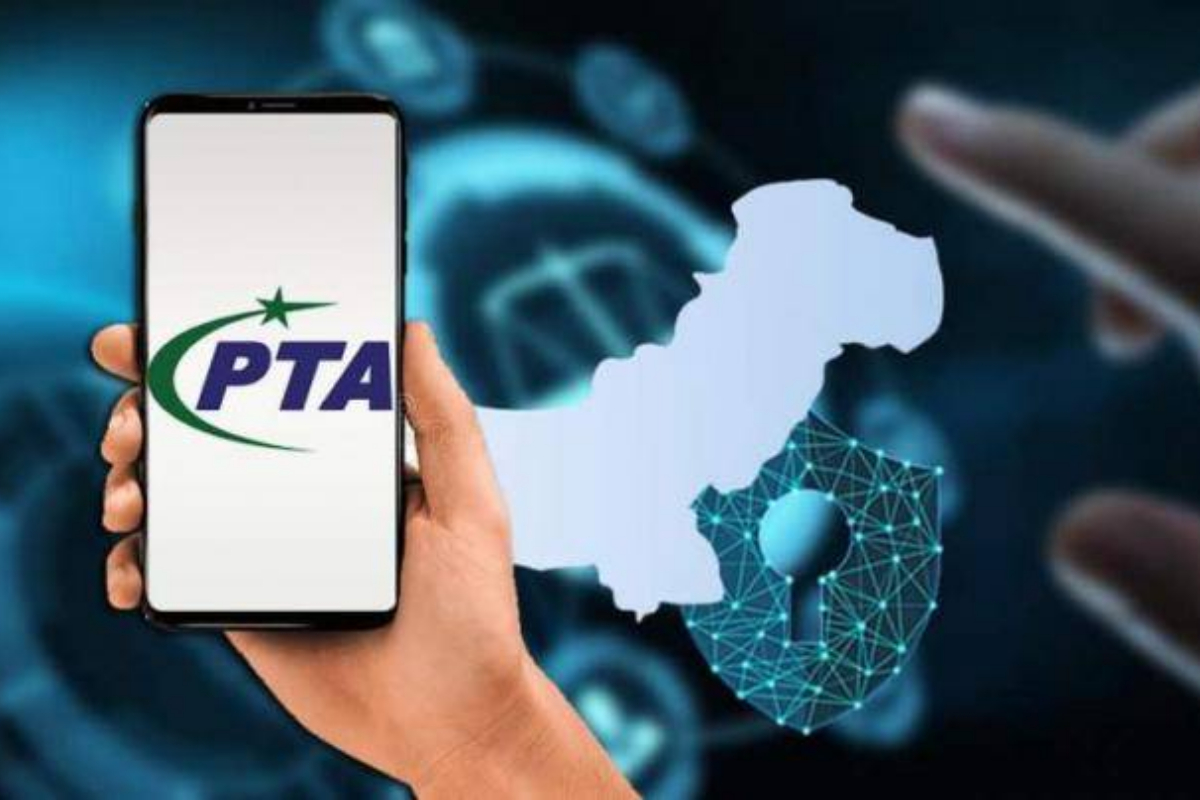- Google faces Boston trial over AI patent claims by Singular.
- Singular seeks $7B, accusing Google of copying tech for Search and Gmail.
- Google denies, claims independent processor development in the trial.
Alphabet’s Google is gearing up to defend itself against accusations that it unlawfully utilized processors infringing upon the patents of Singular Computing, a company founded by computer scientist Joseph Bates. Singular alleges that Google copied its technology, incorporating it into key products such as Google Search, Gmail, and Google Translate.
The Massachusetts-based company has claimed up to $7 billion in damages, a figure surpassing the largest patent infringement award in U.S. history. Google vehemently denies the allegations, asserting that Singular’s patents are “dubious” and that their processors were independently developed over several years.
Google spokesperson Jose Castaneda expressed confidence in the upcoming trial, stating, “We look forward to setting the record straight in court.” Conversely, Singular’s attorney declined to comment on the ongoing legal battle.
According to Singular’s 2019 complaint, Bates collaborated with Google between 2010 and 2014, sharing his computer-processing innovations. Singular contends that Google’s Tensor Processing Units, integral to the company’s AI capabilities, replicate Bates’ technology, violating two patents.
The trial, anticipated to last two to three weeks, will focus on Google’s processors introduced in 2016 and subsequent versions released in 2017 and 2018. Singular argues that these later versions infringe upon its patent rights.
Google has maintained that its processors differ substantially from Singular’s patented technology, asserting that the patents are invalid. In a court filing, Google revealed that its engineers had rejected Bates’ technology, deeming it unsuitable for the applications the company was developing.
Simultaneously, a U.S. appeals court in Washington is set to hear arguments regarding the validity of Singular’s patents in a separate case that Google appealed from the U.S. Patent and Trademark Office. This legal battle underscores the high stakes involved in the clash between tech giants over intellectual property rights in the rapidly evolving field of artificial intelligence.
[embedpost slug=”/elon-musks-drug-use-raises-concerns-at-tesla-spacex/”]










